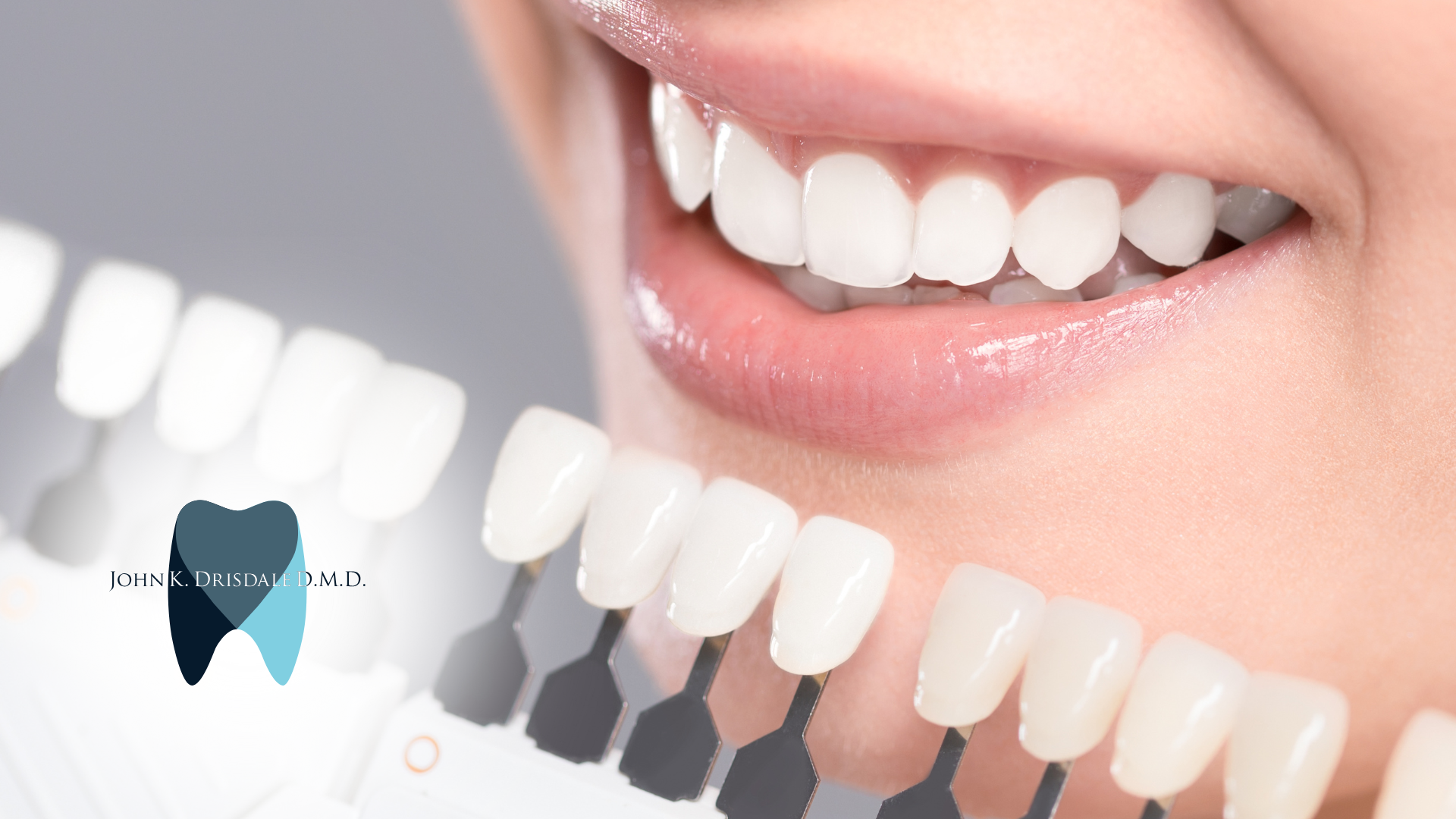Dental Implants
Dental Implants - Your Best Option for Replacing Missing Teeth
There are a few things as impactful on a person's self-confidence and health as a brilliant smile. However, missing one, many, or even all teeth can diminish the beauty of that smile, impacting oral function and self-esteem. Thankfully, modern dentistry offers an array of tooth replacement options, with dental implants leading the way.
Dental implants are the next best thing to natural teeth. Made of a titanium post that is surgically placed into the jawbone, a dental implant acts as a tooth root, providing strong, stable support for a custom-made crown that resembles your natural tooth. The implants fuse with your bone, a process called osseointegration, which not only provides the feel and function of a natural tooth but also prevents the bone loss that often accompanies missing teeth.
One of the key benefits of dental implants is their versatility. They can replace a single tooth, multiple teeth, or all teeth, restoring the aesthetics and function of your smile. For a single tooth, an implant-supported crown is used. For multiple teeth, implant-supported bridges or partial dentures can be an option. If you're missing all teeth, you might opt for implant-supported dentures or full-arch restorations like All-on-4 or All-on-6.
Unlike traditional dentures or bridges, dental implants don't require grinding down adjacent teeth for support, preserving your remaining natural teeth. Also, because implants mimic natural tooth roots, they maintain jawbone health, prevent facial sagging, and provide a long-lasting solution for missing teeth.
Dental implants can significantly improve your quality of life. You can eat, speak, and smile without fear of a denture slipping or a bridge failing. Plus, with the proper care, dental implants can last a lifetime, making them a cost-effective solution in the long run.
Choosing dental implants is a decision to invest in yourself. Whether you're missing one tooth, several teeth, or all your teeth, implants could be the tooth replacement solution you've been seeking. Consult with a dental professional to explore if dental implants are the right option for you. It's time to reclaim the functionality, aesthetics, and self-confidence that comes with a complete, radiant smile.



